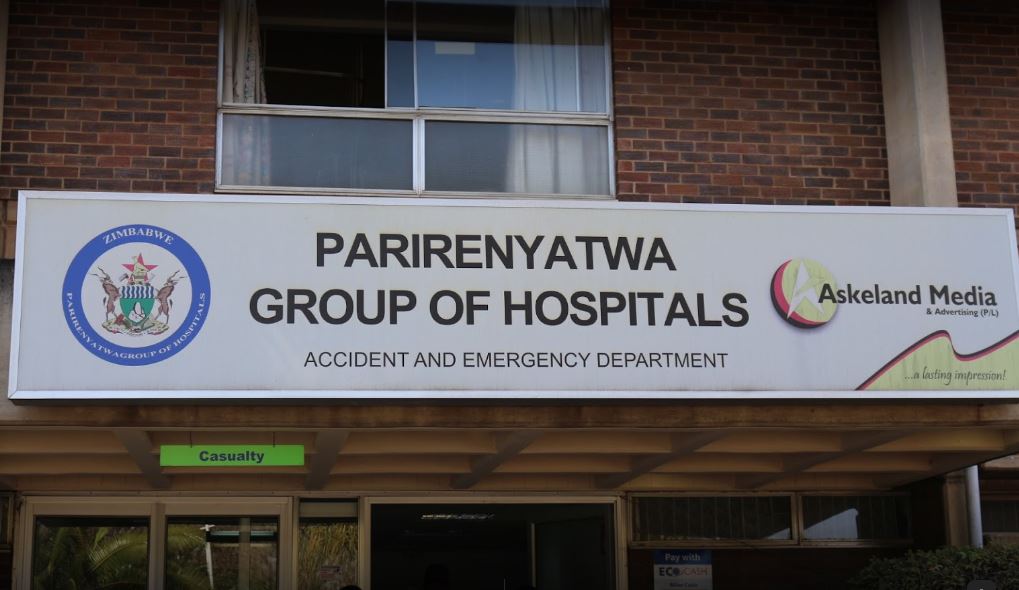The Ministry of Health and Child Care has been urged to address critical gaps in medical equipment maintenance and specialist training, as hospitals across Zimbabwe struggle with outdated and non-functional machines, severe staff shortages, and supply chain failures.
A report by the Portfolio Committee on Health and Child Care, following visits to six major hospitals, revealed that essential equipment for cancer treatment and dialysis has been out of service for years, severely limiting patient care.
At both Mpilo Central Hospital and Parirenyatwa Group of Hospitals, radiotherapy machines have been non-functional since 2021. At Parirenyatwa, a brachytherapy machine is down due to depleted Cobalt-60 radioactive sources, while essential linear accelerators for targeted cancer treatment have also been out of service for two years.
“The situation at Mpilo is just as dire, with only 7 out of 14 dialysis machines working. The hospital’s mammogram machine, vital for early breast cancer detection, is out of service, and the mobile X-ray unit is also non-functional, delaying critical surgical procedures,” said Committee Chairperson Dr. Josiah Makombe.
Laboratories face frequent shortages of essential reagents, disrupting routine diagnostic tests and delaying life-saving medical investigations.
The report also highlighted a critical shortage of specialists, including oncologists, radiologists, and medical physicists, exacerbated by the migration of healthcare professionals to better-paying jobs abroad. Most public hospitals lack advanced imaging facilities like CT and MRI scanners, further limiting diagnostic capabilities.
Dr. Makombe noted that despite increasing patient numbers and rapid medical advancements, funding constraints have restricted professional training and development, leaving healthcare workers ill-equipped to handle modern treatment protocols.
While acknowledging the government’s recent procurement of two MRI machines for Mpilo and Parirenyatwa as a step forward, the Committee called for mandatory maintenance contracts with suppliers to ensure continuous equipment functionality. They also called for decentralisation of cancer treatment services to district hospitals by June 2025, including mobile clinics, greater investment in specialist training and retention programs to curb staff flight and Increased research into traditional medicines for cancer and NCD treatment in collaboration with academic institutions.
“The current state of the healthcare system is unsustainable. Without urgent interventions, Zimbabwe’s hospitals will continue to struggle, putting thousands of lives at risk,” Dr. Makombe warned.

